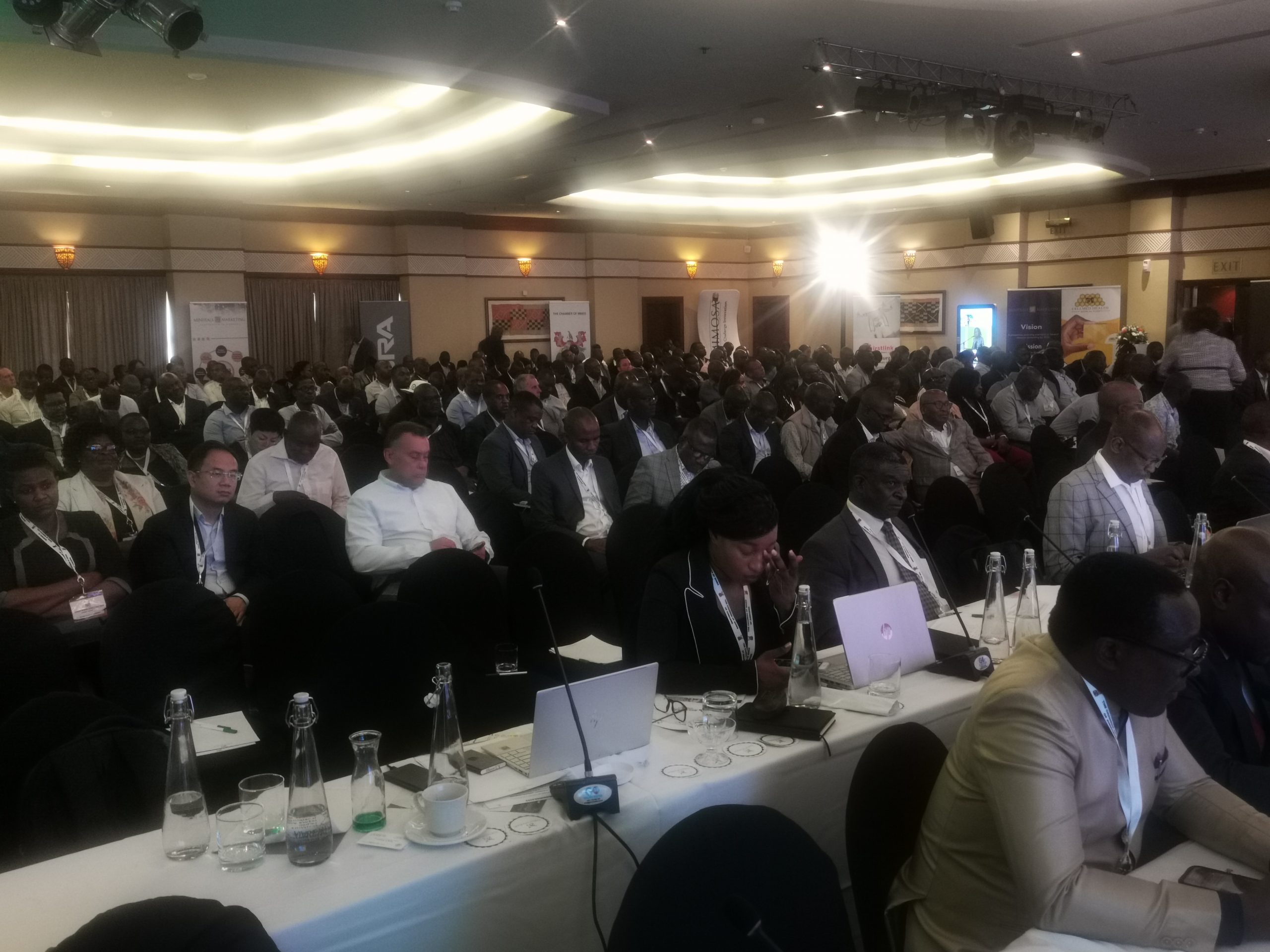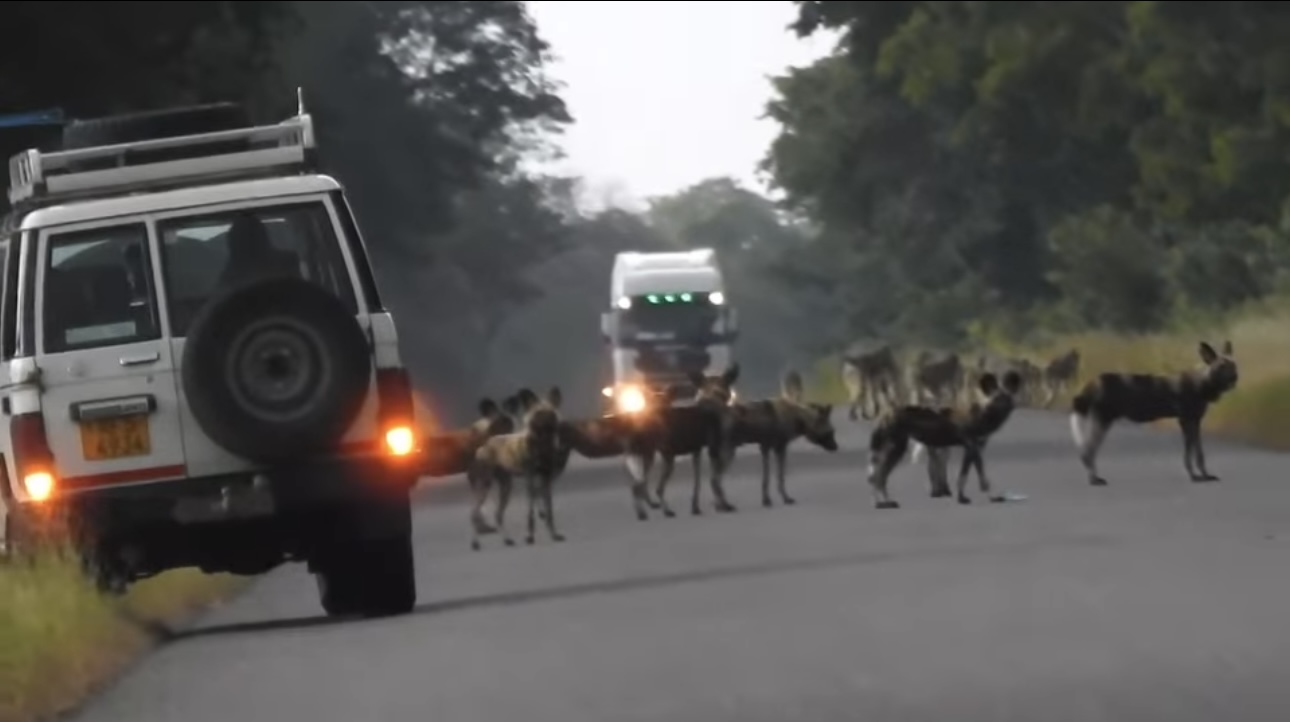BY WANDILE TSHUMA
Nominations have opened for the 14th edition of the Tusk Conservation Awards, offering global recognition and £225,000 (about UGX 1.1 billion) in grant funding to Africa’s leading conservationists.
The awards, held in partnership with Ninety One, celebrate African-led solutions protecting wildlife, landscapes and livelihoods. Three winners will be selected from hundreds of nominations across the continent and honoured at a ceremony expected to be held in London later this year.
This year’s prize money will be distributed across three categories: £100,000 (UGX 480 million) for the Prince William Award, £75,000 (UGX 360 million) for the Tusk Award, and £50,000 (UGX 240 million) for the Tusk Wildlife Ranger Award.
Speaking at last year’s awards, Tusk’s Royal Patron, Prince William, said communities and local conservation leaders often provide the most practical solutions to sustaining biodiversity and natural landscapes.
“It is so often communities and local conservation leaders who provide the practical solutions to how we can best sustain our precious natural landscapes and vital biodiversity,” he said. “Identifying and supporting locally-led conservation has always been at the heart of Tusk’s ethos.”
Since their launch in 2013, the awards have recognised 61 winners and finalists from 23 African countries. Past recipients have used grant funding to expand ranger patrols, secure wildlife corridors, equip community conservancies and create sustainable livelihoods linked to conservation.
Examples of supported initiatives include protecting gorillas in eastern Congo, conserving turtles in Sierra Leone, restoring forests in Madagascar and dismantling poaching syndicates in Zimbabwe. Organisers say the funding is designed to be catalytic, enabling winners to scale their impact and attract long-term investment.
Nick Bubb, Chief Executive Officer of TUSK, said the awards highlight the courage and commitment of individuals working in challenging and often dangerous conditions.
“We encourage anyone who knows an individual or ranger team who has made a significant impact on wildlife conservation to nominate them for this once-in-a-lifetime opportunity to have their achievements recognised on a global stage,” Bubb said.
In a significant development this year, the Tusk Wildlife Ranger Award has been expanded to recognise ranger teams alongside individual rangers, reflecting what organisers describe as the collaborative nature of modern conservation efforts.
The expanded category aligns with Tusk’s broader ranger programmes, including the Wildlife Ranger Challenge and the Ranger Welfare and Standards Initiative, which supports more than 6,200 rangers with training, equipment and insurance.
Nominations are open to conservation leaders across Africa and do not require nominees to be existing Tusk partners. However, individuals cannot nominate themselves and must be put forward confidentially by someone familiar with their work.
Nominations will close on the 26th of April and must be submitted online.

 Slider3 years ago
Slider3 years ago
 National4 years ago
National4 years ago
 Tourism and Environment4 years ago
Tourism and Environment4 years ago
 Special reports4 years ago
Special reports4 years ago
 Opinion4 years ago
Opinion4 years ago
 National4 years ago
National4 years ago
 National3 years ago
National3 years ago
 National3 years ago
National3 years ago




